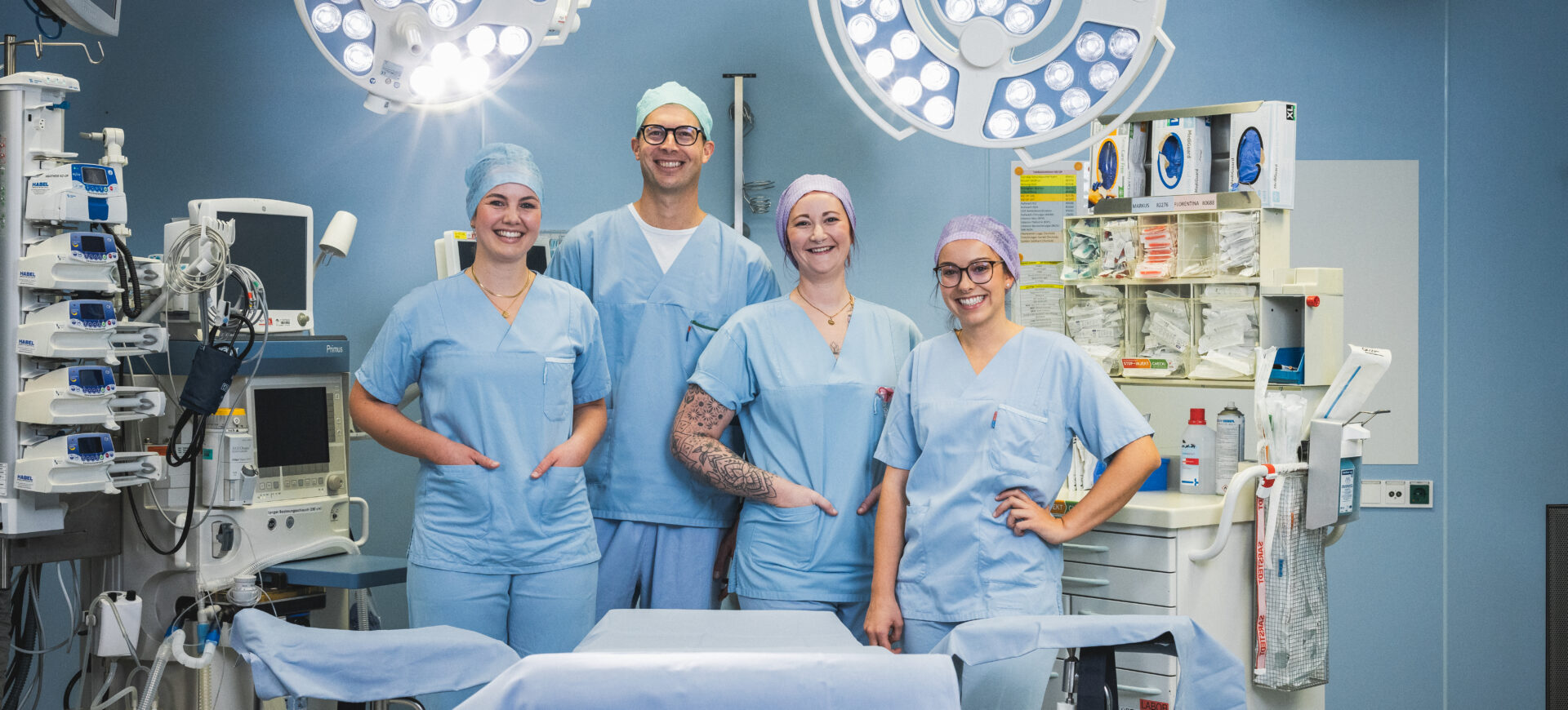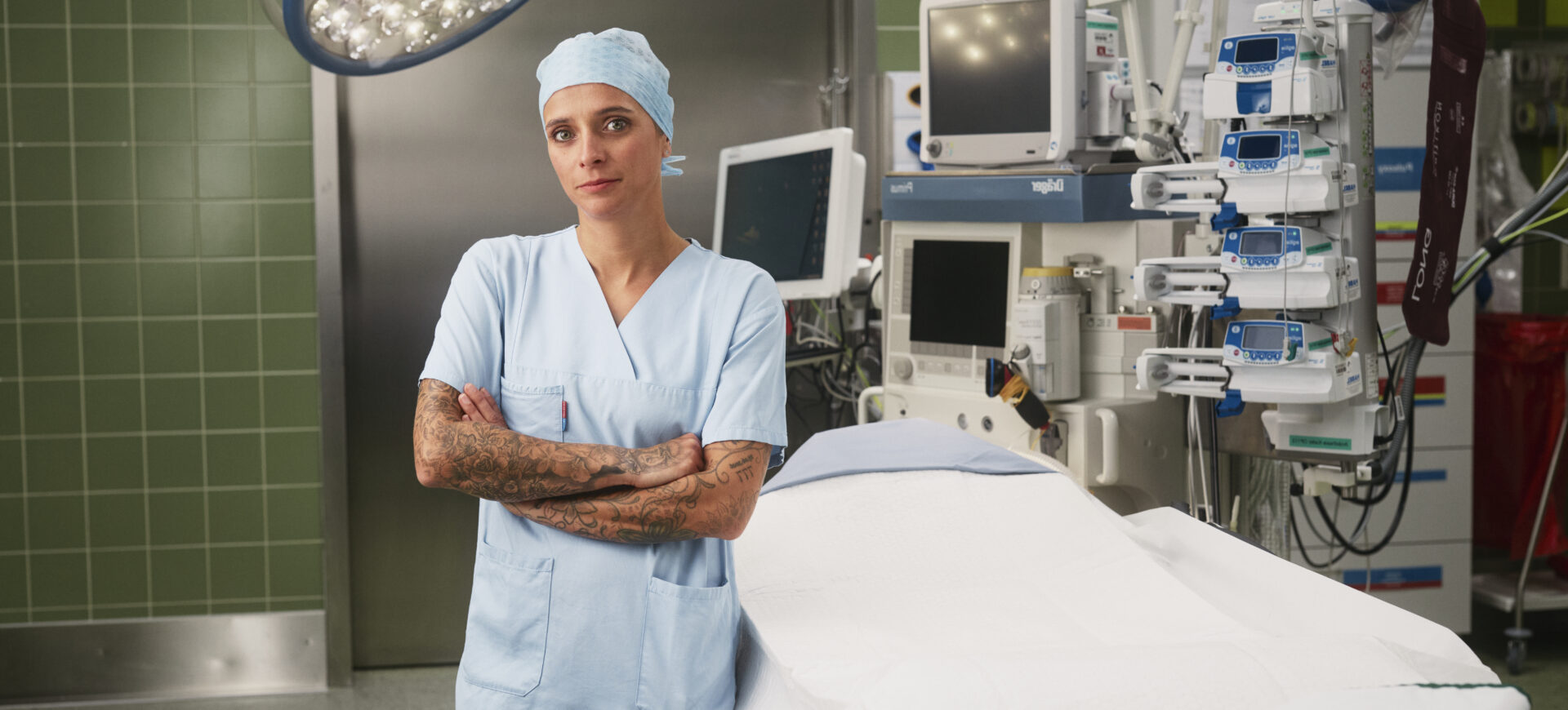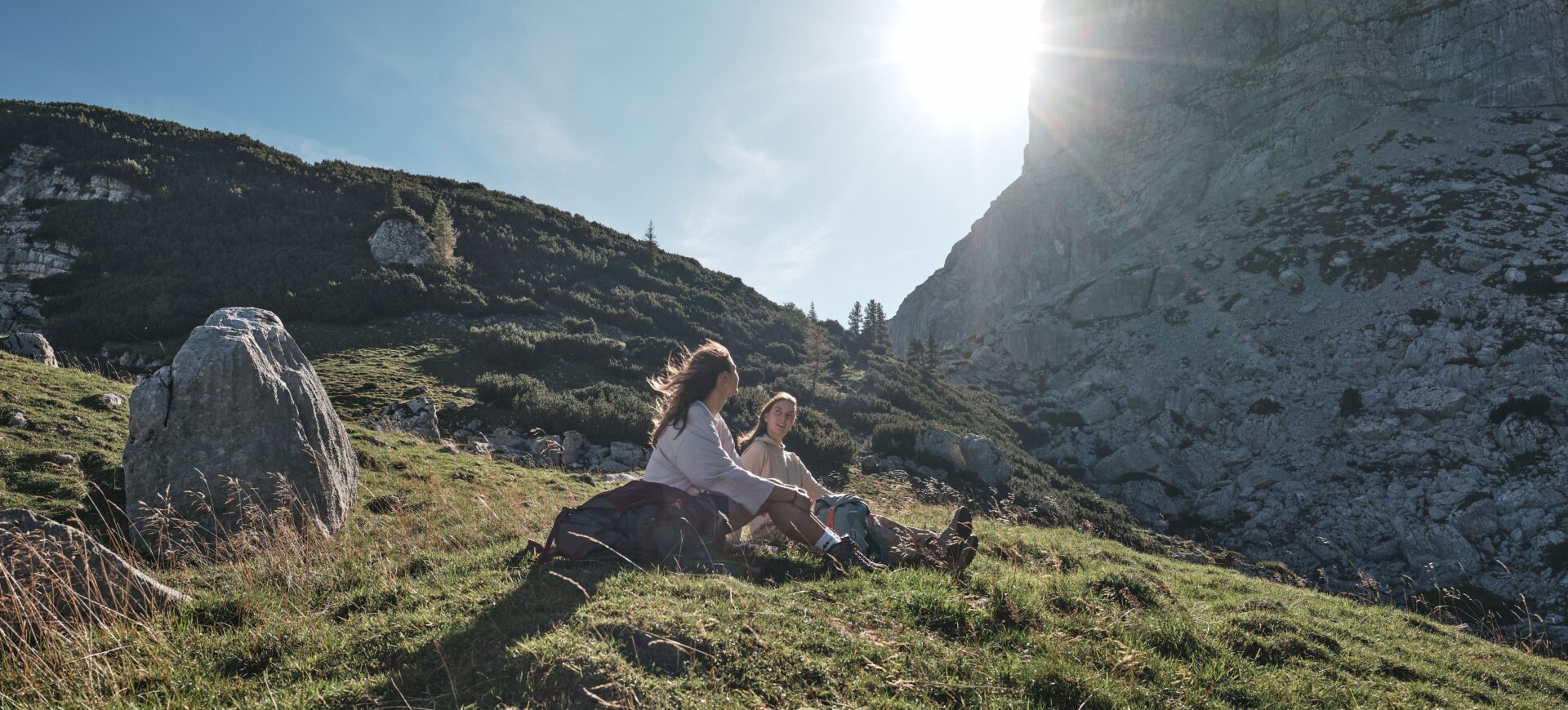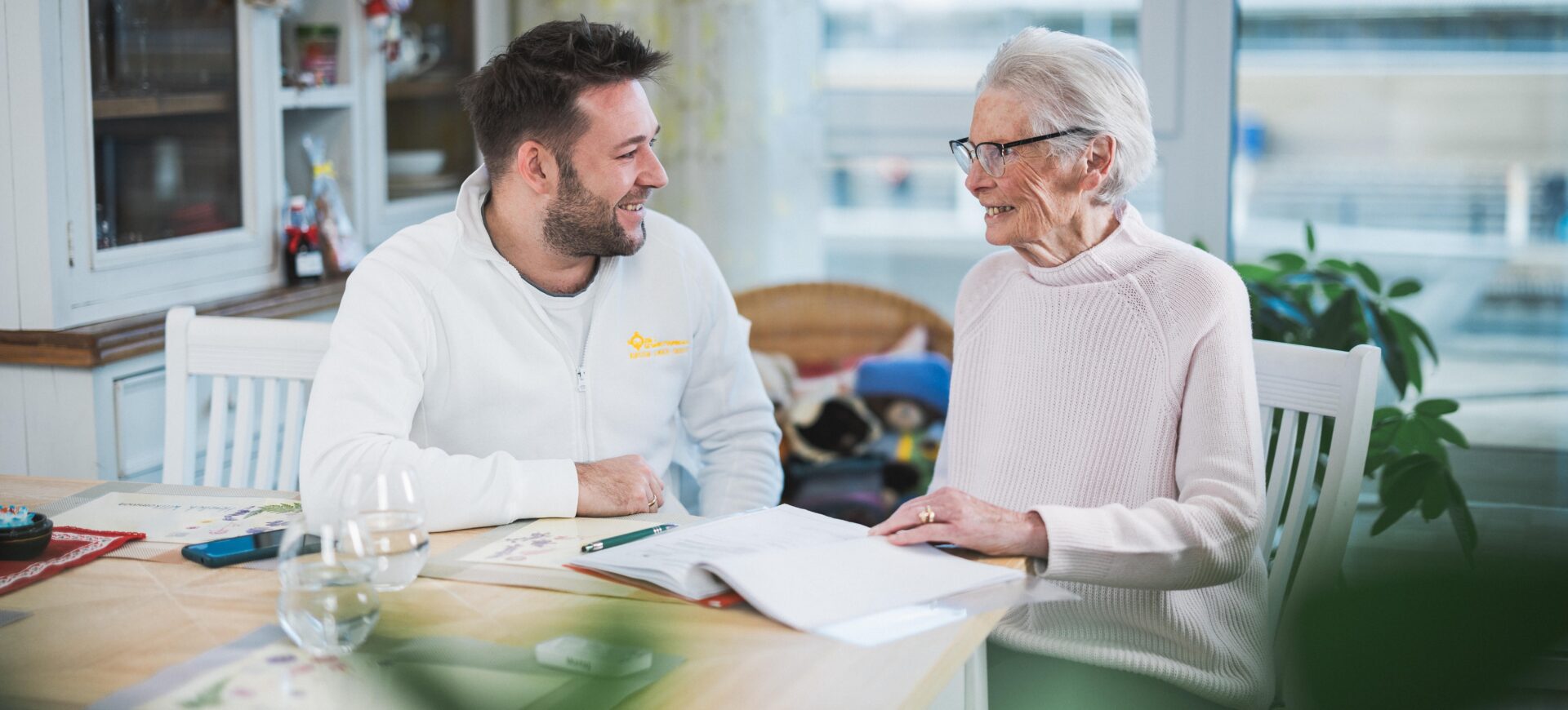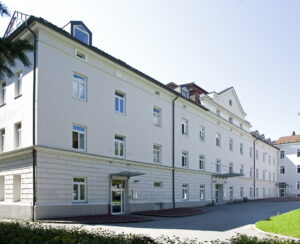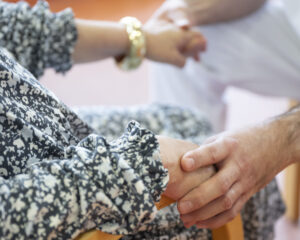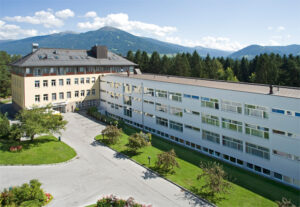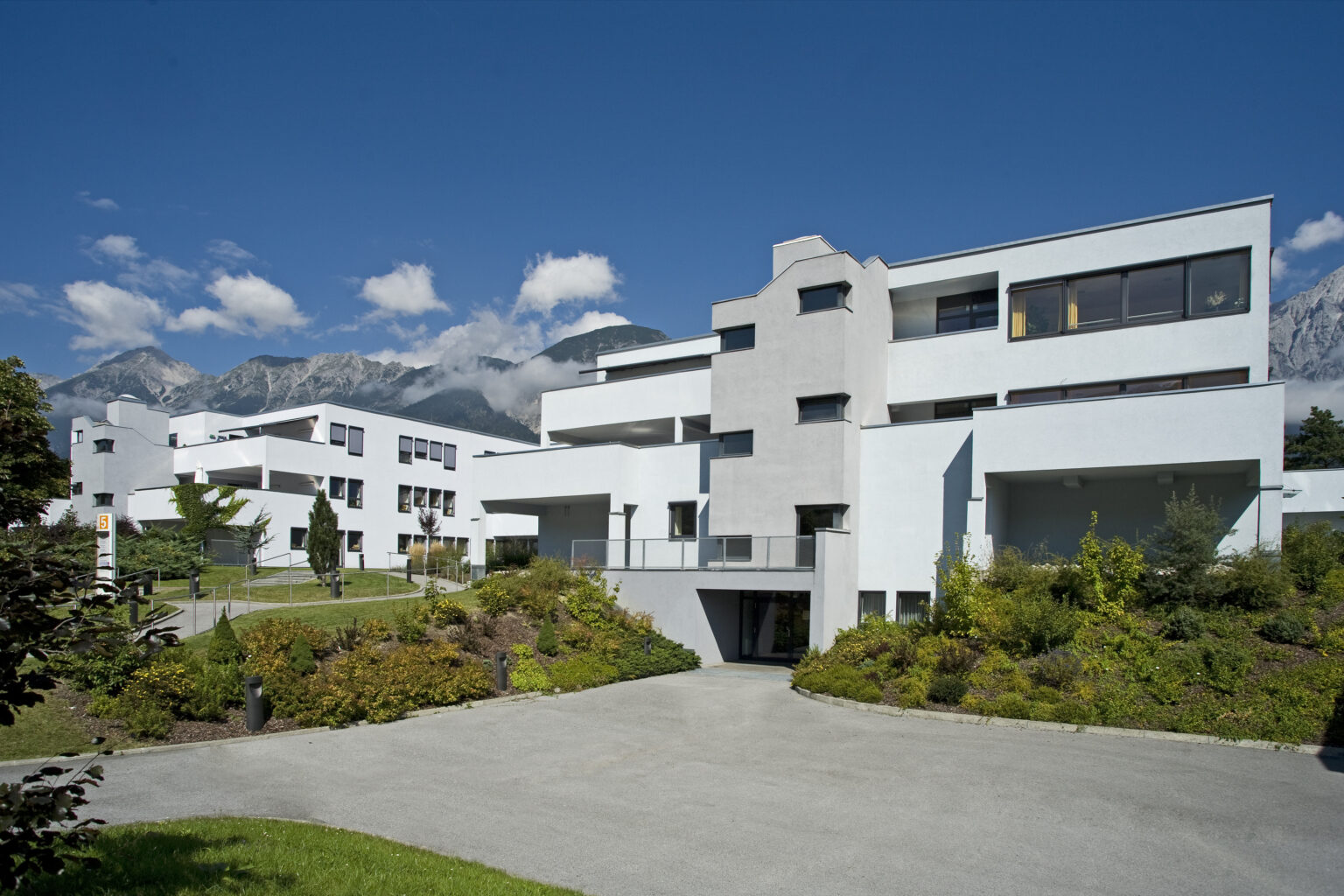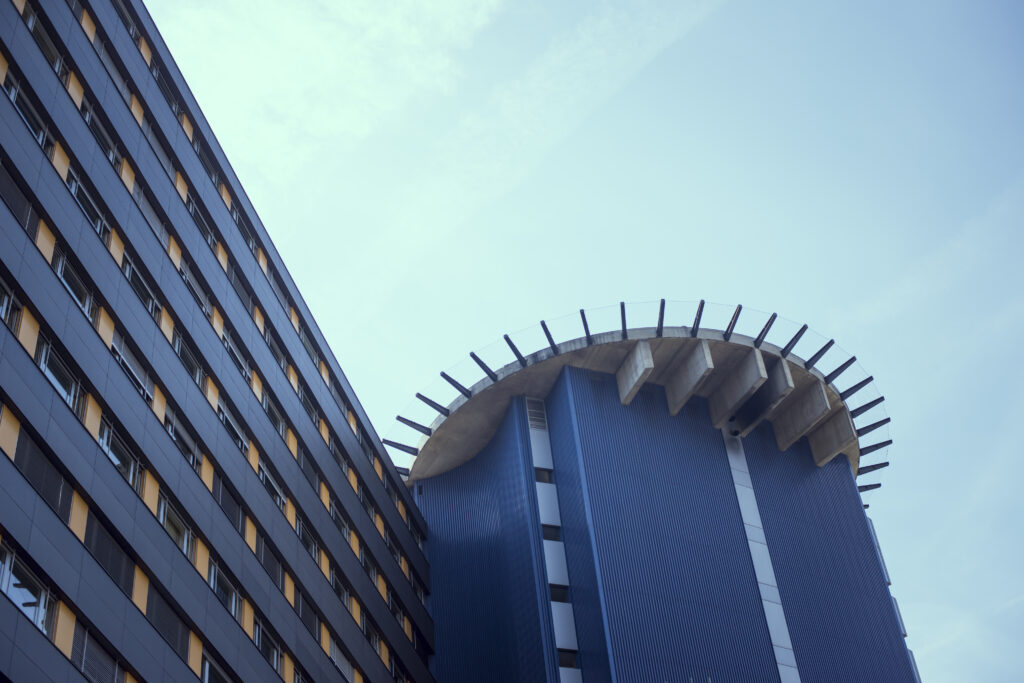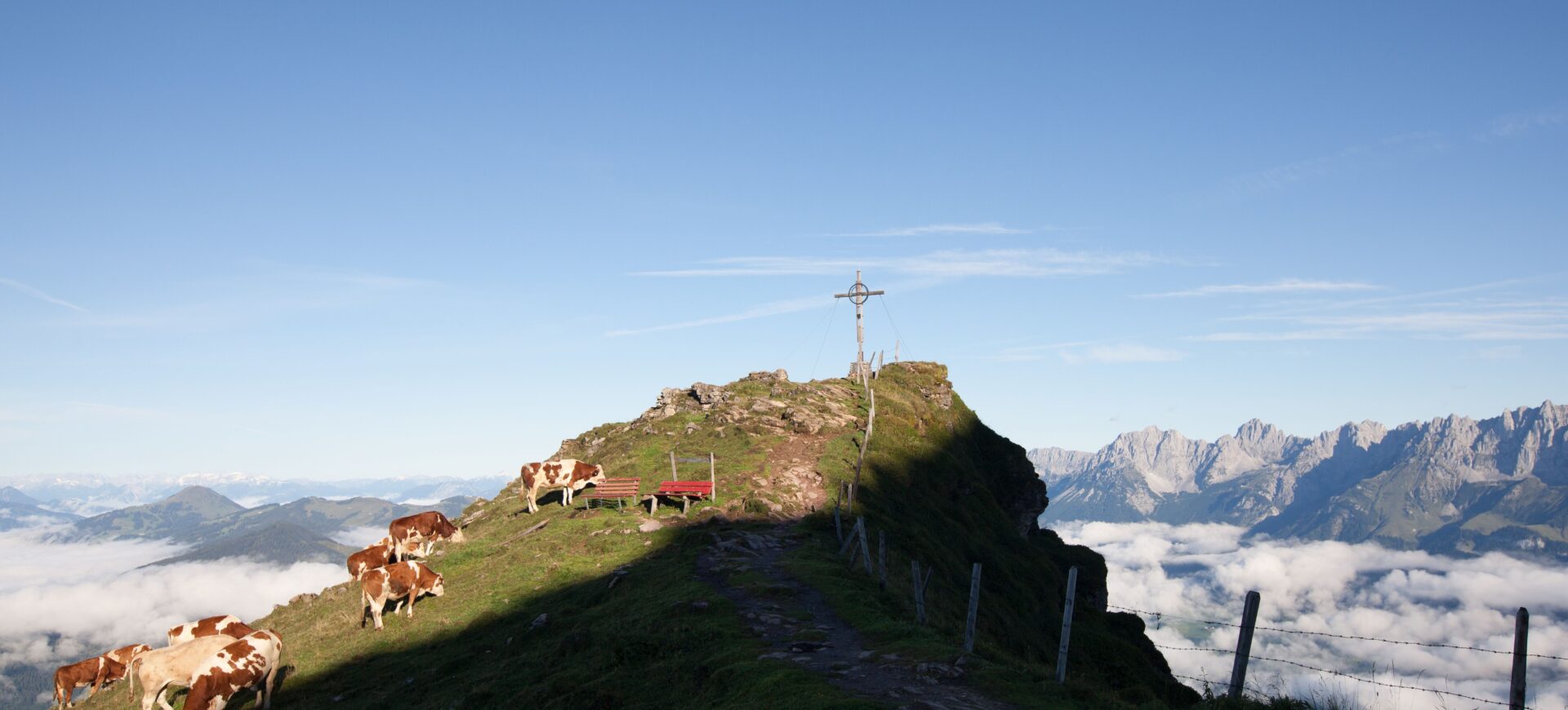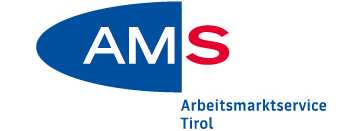1. Education in the EU, EEA or Switzerland
If you obtained your degree in a member state of the European Union, the European Economic Area or Switzerland, you benefit from a simplified recognition procedure.
For certain professions – for example, certified health care and nursing – there is a one-stop procedure. Recognition is usually granted by the Federal Ministry of Labor, Social Affairs, Health, Care and Consumer Protection in Vienna.
If your training meets the European minimum standards, it will usually be recognised without additional examinations. If there are differences, compensatory measures may be required, such as an aptitude test or an adaptation course.
2. Training in a third country (outside the EU/EEA/Switzerland)
If you completed your training in a country outside the EU, EEA or Switzerland, a process known as nostrification is necessary. The Department of Health Law and Hospitals of the Tyrolean Provincial Government will check whether your training corresponds to Austrian training in terms of content and scope.
The procedure includes:
Submission of an application with all necessary documents (diplomas, training plans, proof of professional experience, certified translations).
Technical review by experts.
Decision: Recognition in case of equivalence; in case of differences, supplementary measures (e.g., courses, exams, internships) are determined.
3. Transitional solutions
If your qualifications are largely, but not completely, equivalent, in certain cases you may be permitted to work on a temporary basis under supervision as part of further training. This requires special approval from the state authority.
4. Tips for your application
- Start early: ideally before you move to Austria.
- Submit complete documentation, including certified German translations.
- Respond promptly to feedback from the authorities to avoid delays.
- Fulfil any requirements immediately if additional measures are prescribed.
Competent authority in Tirol
Amt der Tiroler Landesregierung
Abteilung Gesundheitsrecht und Krankenanstalten
Eduard-Wallnöfer-Platz 3, 6020 Innsbruck
